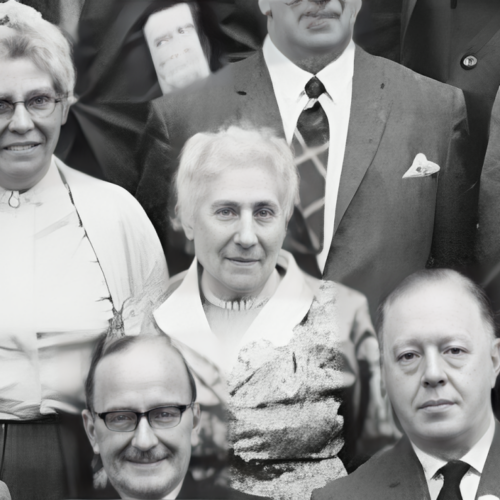

Nina Spiller was a lifelong worker for women’s rights, who played an active role in the humanist movement for more than half a century. With her husband, Gustav Spiller, she helped to organise both the First International Moral Education Congress and the First Universal Races Congress, each of which epitomised her internationalist outlook and central belief in the value of dialogue and cooperation. A suffragist, Spiller occupied key positions within the Women’s Freedom League, and the International Woman Suffrage Alliance, travelling widely to promote women’s political participation.
Nina Barbosa was born on 19 June 1878 in Paris, where she was raised. She attended college in London and married Hungarian-born Gustav Spiller in 1903. They studied together at Jena University, and later co-organised the First International Moral Education Congress (1908) and the First Universal Races Congress (1911). This internationalist focus was typical of both the Ethical movement she embraced, and of Nina Spiller herself, who devoted her life to various international organisations. The couple had three children: Nina Lucy (born 1904), Richard Lucien (born 1906), and Violet Minerva (born 1907).
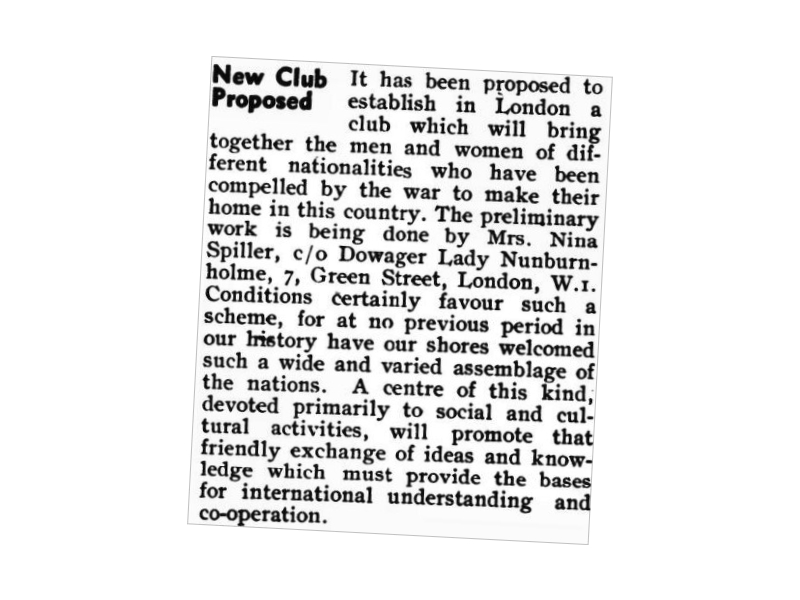
During the First World War, Spiller taught in a co-educational school and was a member of the Food Control and War Pensions Committee. She was also a member of the secretariat of the League of Nations at Geneva 1920–34, later taking charge of the committee which controlled the League’s publications. Spiller continued her efforts to foster friendship and international solidarity during the Second World War. In 1941, a note appeared in the International Woman Suffrage News proposing a new club in London which would bring together people of different nationalities now living in England as a result of the war, organised by Nina Spiller. The club would be devoted ‘to social and cultural activities’ and would promote ‘that friendly exchange of ideas and knowledge which must provide the bases for international understanding and co-operation’.
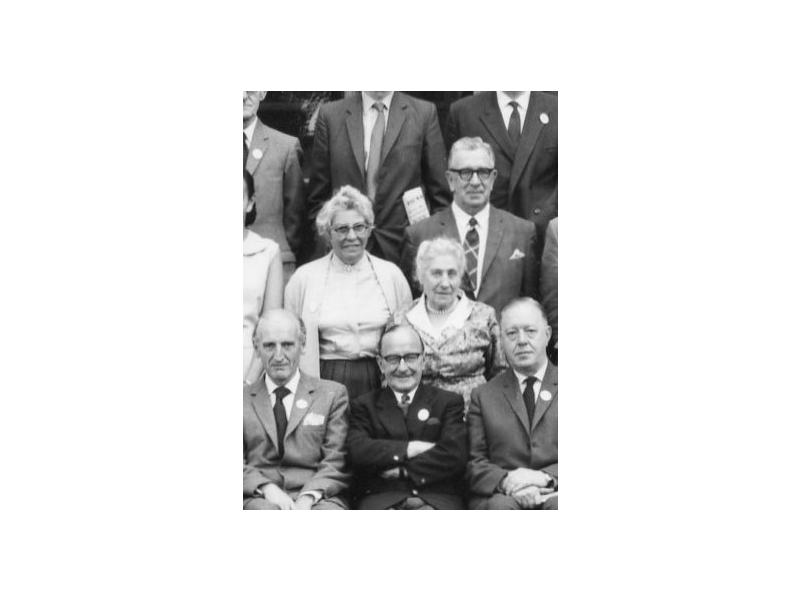
Having joined the Women’s Freedom League in 1907 (a suffrage organisation which drew many humanist women), Spiller acted as secretary of its Hampstead branch, and later became the League’s honorary political secretary. Typical of her internationalism, she was also active in the International Woman Suffrage Alliance (IWSA), acting as treasurer for a decade between 1939–49, and for many years editing the French section of its paper. From 1946, the IWSA was known as the International Alliance of Women, and with Dr Hanna Rydh, Spiller travelled widely on behalf of the Alliance to encourage women from across the world to take part in its work. As a result, its 1949 Congress included affiliates from Ethiopia, Iraq, and Iran. In 1966, likely through her close connection with the humanist movement, the office of the IAW became 13 Prince of Wales Terrace, London, home of the British Humanist Association (now Humanists UK).
Gustav Spiller died in 1940, with his obituary in the Sociological Review noting that Nina’s ‘unfailing support’ had ‘contributed much to his achievement.’ For nearly three decades afterwards, Nina continued to play an active role in both the feminist and humanist movements. She spoke to a variety of local humanist groups, and can be seen in the photographs of humanist conventions into the 1960s.
Nina Spiller died in London on 11 December 1967 having, as The Humanist wrote, ‘played an active part in the Ethical and Humanist movement for over half a century’.
Like a number of other women active in the organised humanist movement, Nina Spiller has been little remembered beyond the testimonies which appeared at the time of her death. She has, though, in works such as Arnold Whittick’s Woman into Citizen (1979), been acknowledged for her decades-long efforts for women’s rights on an international scale. Fellow suffragist and internationalist Lady Margaret Corbett Ashby described Spiller as ‘a dauntless spirit in a small frame’; The Humanist as ‘an ardent feminist’ who ‘combined a lucid mind with rare charm’. Alongside other humanist activists and organisers, like Zona Vallance and May Seaton-Tiedeman, she deserves to have her life and legacy celebrated.
Arnold Whittick, Woman into Citizen (1979)
Mineke Bosch and Annemarie Kloosterman, eds., Politics and Friendship: Letters from the International Woman Suffrage Alliance, 1902-42 (1990)
Main image: Enhanced crop from the joint Humanist Congress of the Rationalist Press Association and the Ethical Union, 1962
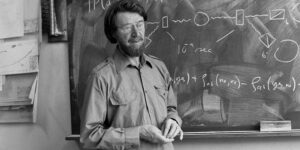
In the beginning natural philosophers tried to understand the world around them. Trying to do that they hit upon the […]
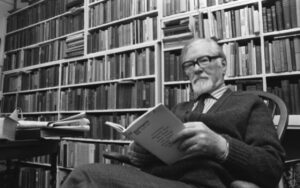
I fear their creed as we have always fearedthe lifted hand against unfettered thought. John Hewitt, ‘The Glens’ in Collected […]
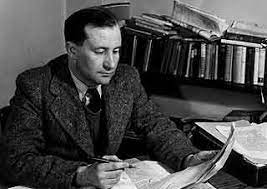
We can’t help the universe, but at least we can do something to help ourselves. Can’t we? John Boyd, Across […]

He was the people’s First Minister, and this is a people’s ceremony. He wouldn’t want heavy mourning. This is a […]